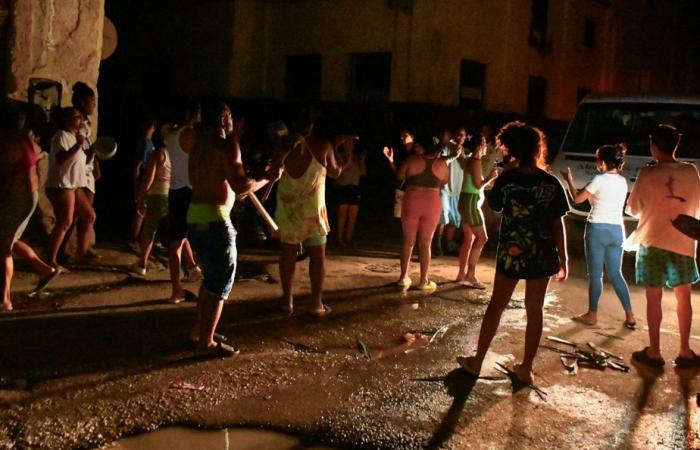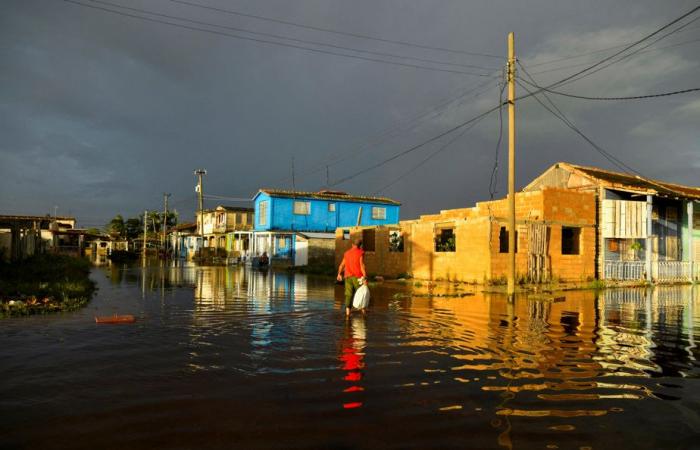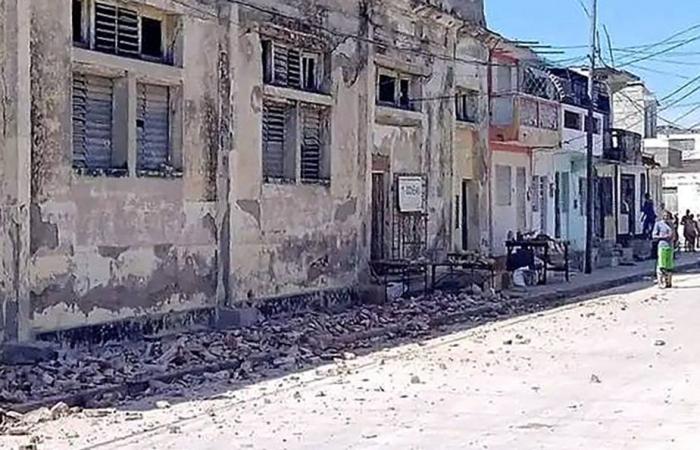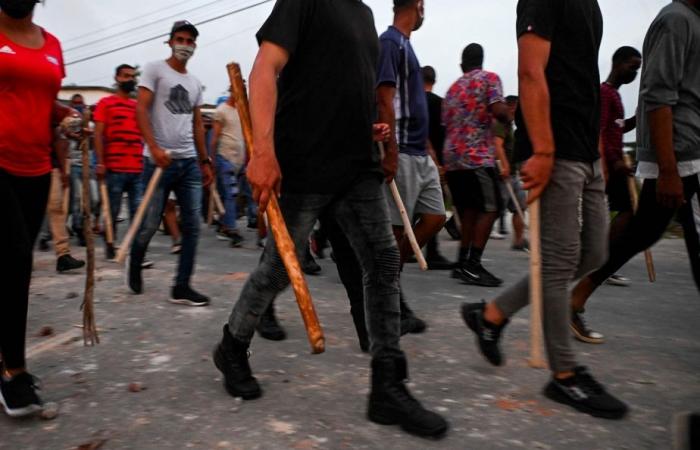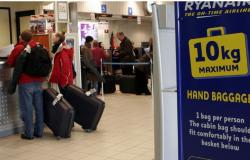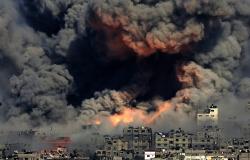(Havana) Cuban authorities announced on Sunday that they had arrested a number of people for disturbing public order, following protests that broke out in recent weeks against power cuts that lasted several days.
Posted at 7:17 p.m.
Andrea Rodriguez
Associated Press
Cuba’s Attorney General’s Office announced that it had launched criminal proceedings against people in Havana, the country’s capital, in the province of Mayabeque and in the city of Ciego de Ávila for “aggression, disturbing public order and damages”, imprisoning them as a preventive measure.
The statement did not provide details on the number of people detained or the conditions in which they were arrested, specifying only that the “aggression towards the authorities” resulted in injuries.
Cuba often makes such accusations against citizens protesting on the island, including teenagers, fueling concerns among human rights groups, the European Union and the United States.
PHOTO NORLYS PEREZ, ARCHIVES REUTERS
The arrests come after the island was hit by two hurricanes in a matter of weeks, compounded by power outages that sometimes lasted several days due to the country’s energy crisis.
The same day that Cuban authorities announced the arrests, the organization Justicia11J posted a message on social media confirming that authorities had arrested at least three people protesting in Ciego de Ávila on November 7.
“After the city was without power for more than 24 hours, city residents took to the streets banging kettles and chanting ‘turn on the power,’” the organization wrote in its publication .
The arrests come after the island was hit by two hurricanes in a matter of weeks, compounded by power outages that sometimes lasted several days due to the country’s energy crisis and high winds caused by the hurricanes.
Category 3 hurricane Rafael fell on the western half of the island, damaging the country’s entire electricity network. While authorities have been able to restore some power to urban centers, such as Havana, many island residents are still without electricity and running water.
A 6.8 magnitude earthquake that struck eastern Cuba on Sunday morning only added to the country’s woes.
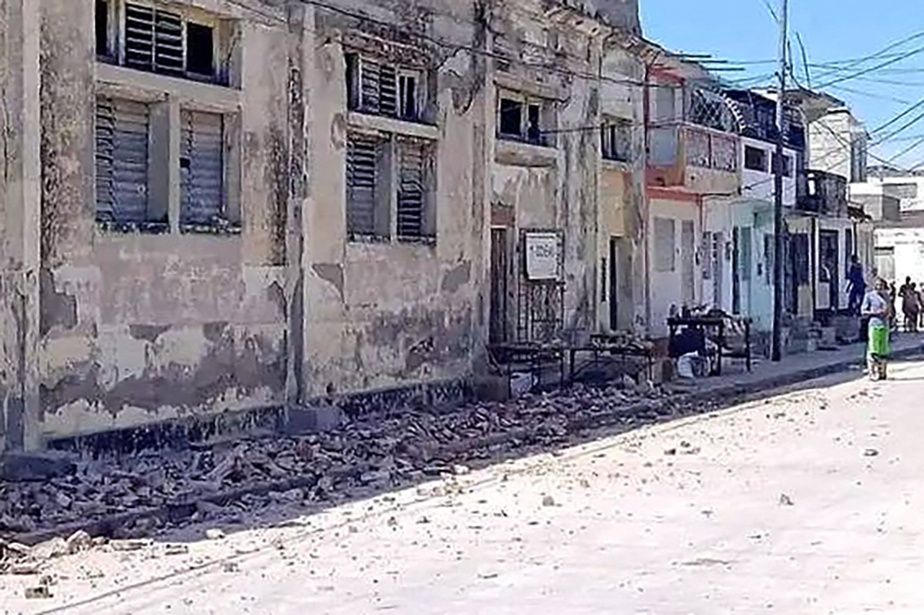
PHOTO CUBA METEOROLOGICAL INSTITUTE, PROVIDED BY AGENCE FRANCE-PRESSE
A house damaged by earthquakes
In addition to natural disasters, frustrations on the island have intensified due to an economic crisis as well as soaring gasoline and food prices, forcing average Cubans to scramble to buy basic necessities. first necessity.
These problems have driven hundreds of thousands of Cubans to leave the country in recent years and have also fueled protests, which have been met with similar crackdowns by the Cuban government.
In July 2021, food shortages sparked mass anti-government protests, the largest in decades. These demonstrations, which were marked by some cases of looting and violence on the part of the demonstrators, were severely repressed by the Cuban government.
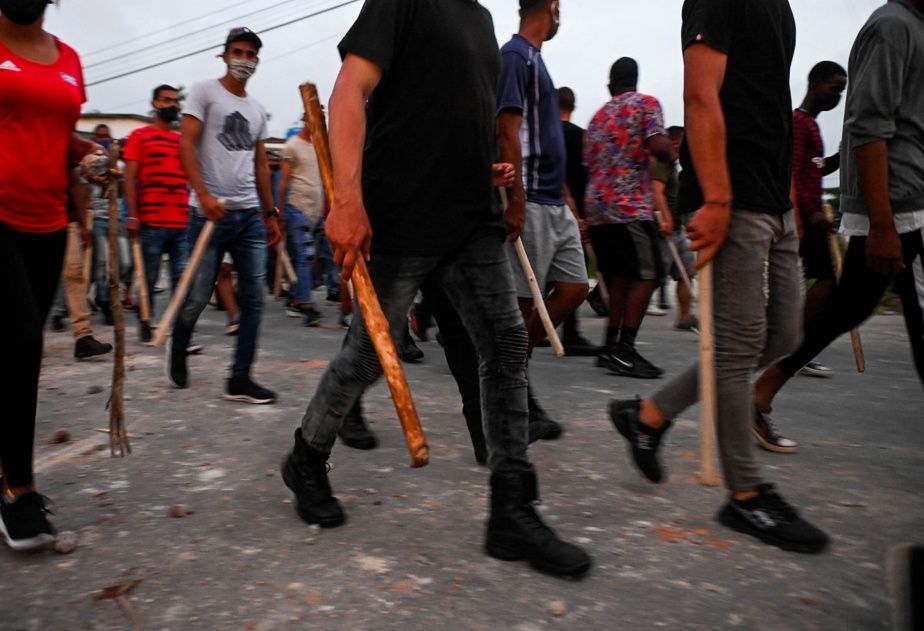
PHOTO YAMIL LAGE, AGENCE FRANCE-PRESSE ARCHIVES
In July 2021, food shortages sparked mass anti-government protests, the largest in decades.
Although no official figures were provided, non-governmental monitoring groups reported that around 1,000 people were arrested, 700 of whom had to appear in court. Many protesters have been accused of sabotage, robbery, assault and disturbing the peace, although many family members of those arrested insist their children were not involved in any crime violent.
The protests were followed by smaller demonstrations in October 2022 and then in March this year.

